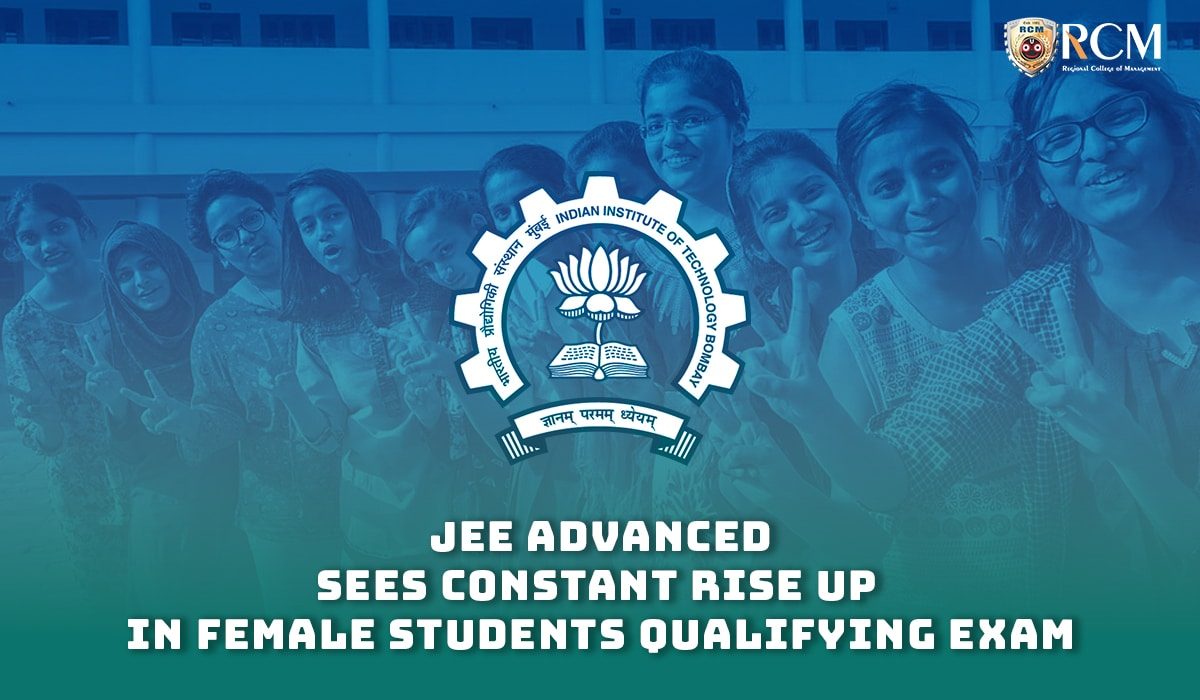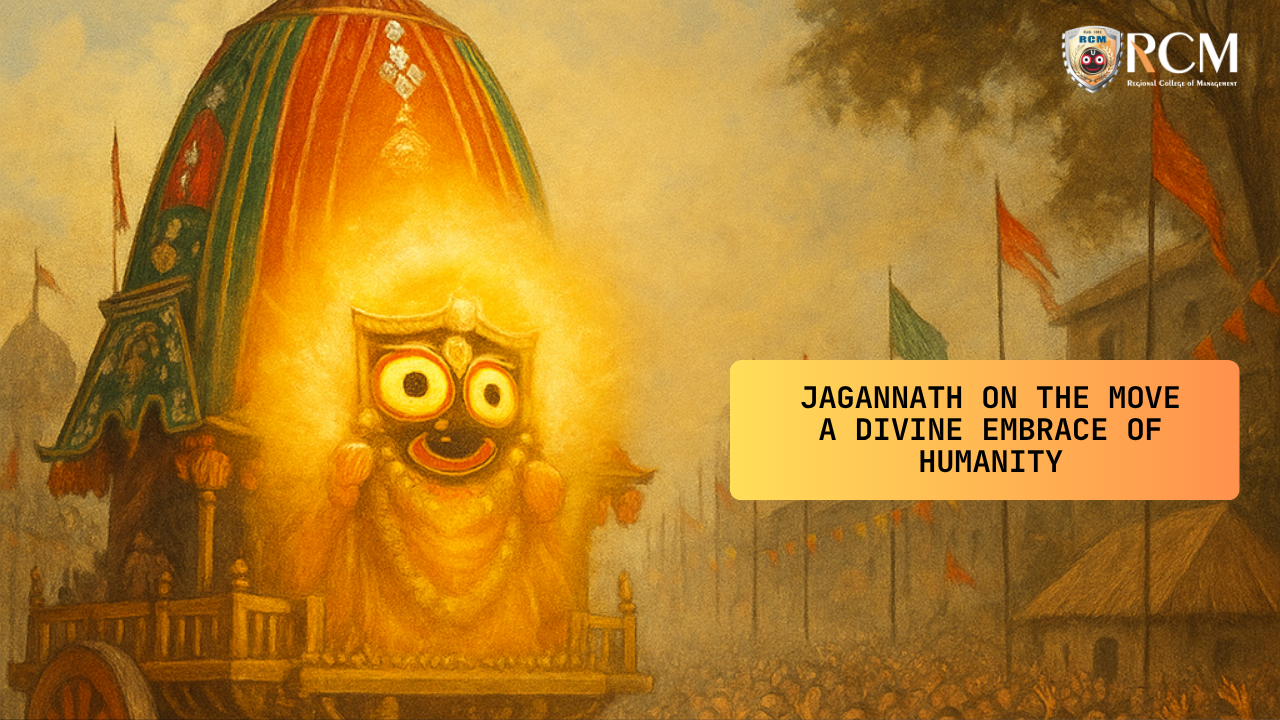Around 3,000 female students passed the IIT entrance exam in 2014, accounting for 11% of all eligible applicants. This number increased to 6,400 girls in 2021, representing 15.4% of the eligible pool.
According to the analysis of exam results, the number of women passing JEE-Advanced, the entrance exam to 23 Indian Institutes of Technology (IITs), increased significantly from 2014 to 2021.
In India, B. Tech programmes have always been dominated by men. According to the Education Ministry’s most recent National Institute Ranking Framework (NIRF) report, 69% of students enrolled in engineering colleges are male. In all engineering schools that submitted an application for NIRF ranking, 31% of the student body is made up of women.
This trend is prevalent throughout the IITs. Women are, nevertheless, gradually becoming more visible on IIT campuses. The shift is apparent from an analysis of the JEE Advanced statistics.
About 3,000 women passed the JEE-Advanced exam in 2014 and were qualified for admission to the IITs. They represented 11% of the qualifying applicants that year. About 6,400 female candidates passed the exam in 2021, accounting for 15.4% of all qualifying applicants. In 2014, 17.90% of all students who took the JEE-Advanced exam were female, and that number rose to 22.83% by 2021.
The increase in female JEE-Advanced participation is attributed by Professor V Ramgopal Rao, a former director of the IIT-Delhi, to the social programmes run by the IITs in coordination with the government. For instance, the IITs introduced reserved supernumerary seats for women four years ago. “The hope is that women who make it to IITs will act as role models for other girls.
More women are taking JEE exams and are beginning to do well, which is a good sign, “he said. Rao continued, “I expect that in the future, a growing number of women will pursue JEE.” “Since there are nearly equal numbers of boys and girls in Classes 11 and 12, that ratio should continue for JEE-Advanced as well.”
A previous IIT-JEE chairman who wished to remain anonymous claimed that data shows that many deserving girls are eligible for JEE-Advanced but choose not to enrol in IITs for a variety of societal reasons.
If the number of girls in IITs is increased to 20 per cent, they will automatically start forming role models for other students to take away the misgivings about ideas like: “Mechanical Engineering is not for girls or opting for technical institutions closer to home and not taking the IIT experience,” he said.
The former chairman also claimed that during various orientation programmes held on a regular basis, several IIT women students spoke to parents of girls about the benefits of multidisciplinary education at prestigious institutions and how the landscape of engineering education has changed in Favour of women.
Source: Indian express




















